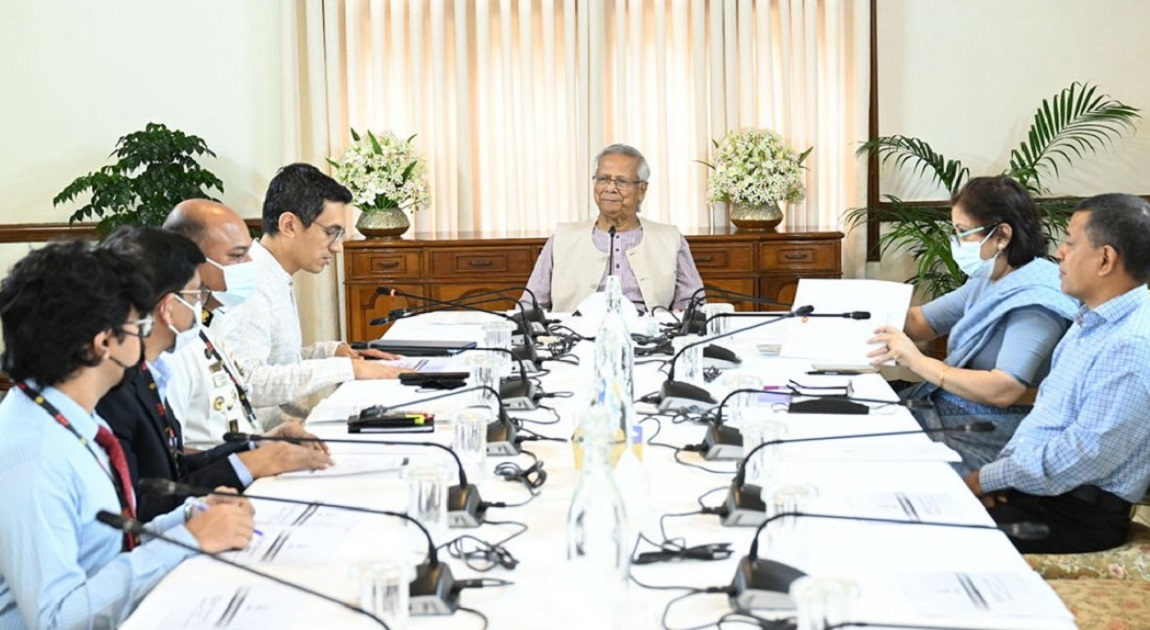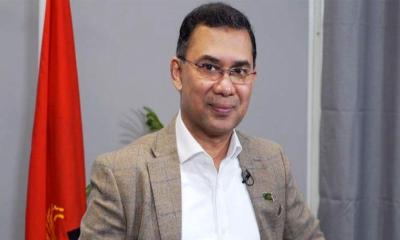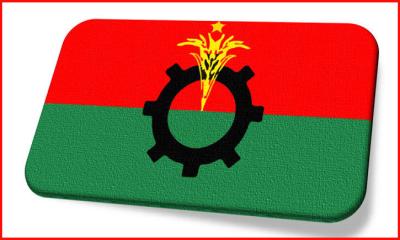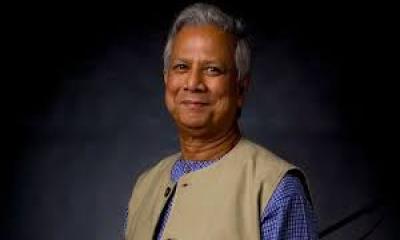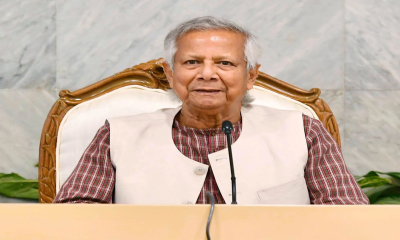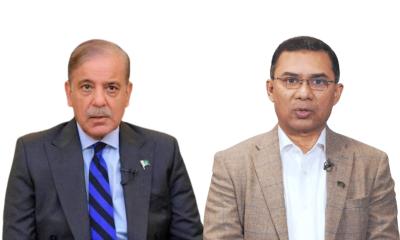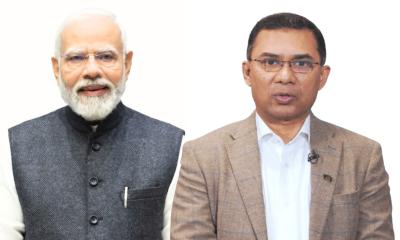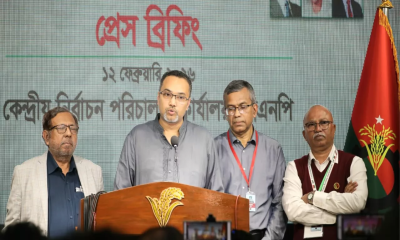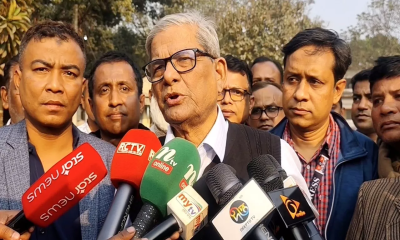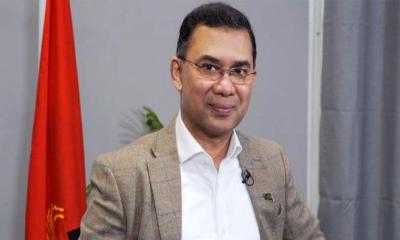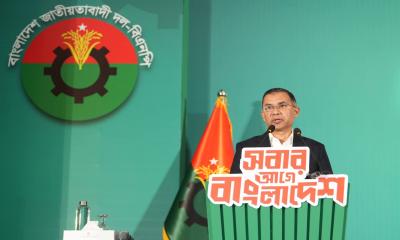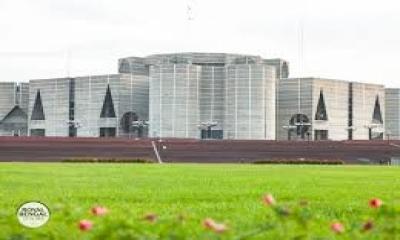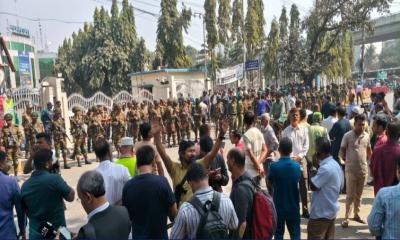Chief Adviser Professor Muhammad Yunus has emphasized the need for Bangladesh to build a vision around the “blue economy” rather than limiting itself to the development of a deep-sea port.
He said the coastal region should not merely function as a facilitating zone but as the foundation for a new city that would create international connectivity for the country. “The sea will be our highway to the world,” he remarked.
He made the statement on Wednesday (September 3) at the state guesthouse Jamuna during a meeting with members of the newly formed Maheshkhali Integrated Development Authority (MIDA), led by its chairman, Chowdhury Ashiq Mahmud bin Harun. Also present were MIDA members Commodore Tanzim Faruq and Md. Sarowar Alam, along with the Chief Adviser’s SDG coordinator Lamia Morshed and Principal Secretary Md. Saifullah Panna.
During the meeting, MIDA’s chairman presented an overview of the Maheshkhali-Matarbari development project along with a four-month work plan. He explained that the project would be implemented in three phases—2025–2030, 2030–2045, and 2045–2055. Once completed, the initiative is expected to create direct and indirect employment for around 2.5 million people and contribute an estimated $150 billion to Bangladesh’s GDP.
Professor Yunus stressed the importance of deep-sea research and called for the establishment of an international-standard training facility in Maheshkhali. He encouraged seeking advice and collaboration from global experts in the field. “We have never entered the ocean world. We need research, findings, and relevant studies, including those from abroad that align with our context. We must build our own academic institutions, organize international conferences on ocean economy, and invest in knowledge,” he said.
The Chief Adviser also underscored environmental conservation, discussing plans for eco-tourism parks and sustainable forest management in the Maheshkhali region. “We must plan how the forests stand today and how we want them to look in the future,” he added.


